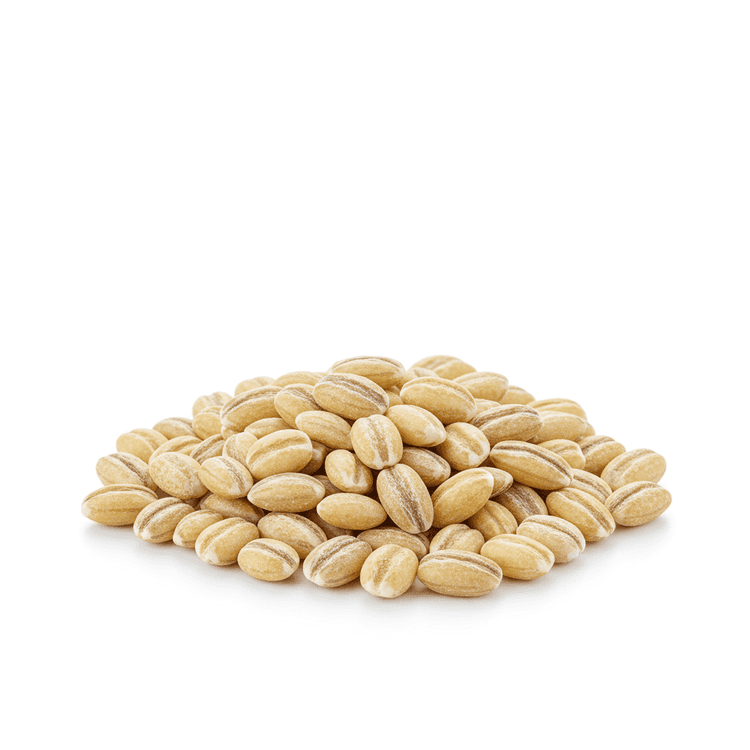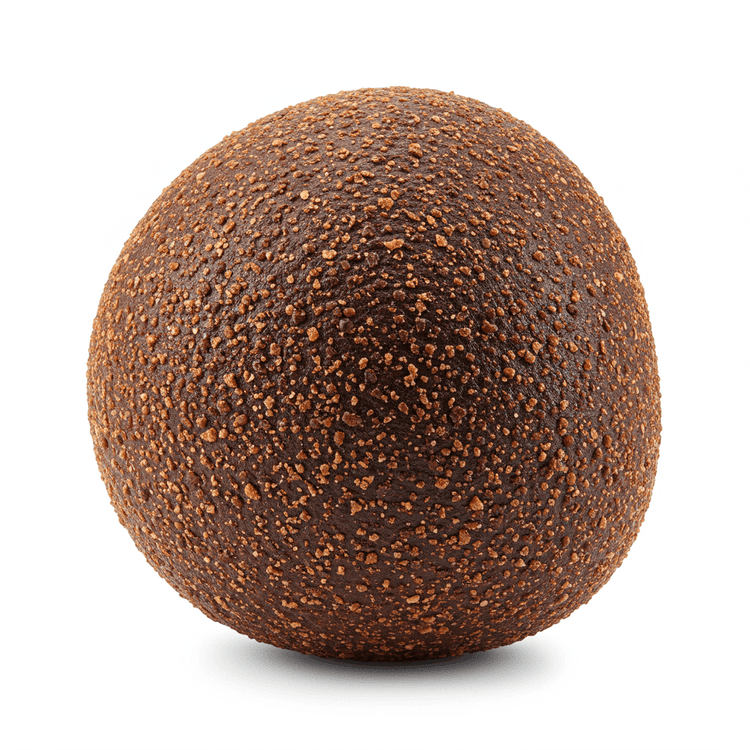
Barley
Barley is a versatile whole grain known for its chewy texture, nutty flavor, and pale golden appearance. This nutrient-rich cereal grain is a staple in many cuisines and is often used in soups, stews, and salads. Packed with fiber, vitamins, and minerals, barley is a popular choice for those seeking a healthy, hearty ingredient. Its mild flavor makes it an excellent base for both savory and sweet dishes, while its ability to absorb flavors enhances the taste of any recipe. Barley is also a key ingredient in brewing beer and distilling whiskey, making it a valuable crop in the beverage industry.
Common Uses
- Add barley to soups and stews for a hearty, chewy texture and to naturally thicken the broth.
- Use cooked barley as a base for grain salads, pairing it with fresh vegetables, herbs, and a tangy dressing for a nutritious side dish.
- Substitute barley for rice in risotto recipes to create a nutty, fiber-rich alternative known as 'barlotto.'
- Incorporate barley into baked goods like bread or muffins to add a subtle nutty flavor and boost nutritional content.
- Use barley as a breakfast cereal by cooking it with milk or water and topping it with fruits, nuts, and honey for a wholesome start to the day.
- Brew barley tea or use it as a key ingredient in beer and whiskey production for its malty flavor profile.
Nutrition (per serving)
Nutrition (per serving)
Calories
354.0kcal (17.7%)
Protein
12.5g (25%)
Carbs
73.5g (26.73%)
Sugars
0.8g (1.6%)
Healthy Fat
1.5g
Unhealthy Fat
0.5g
% Daily Value based on a 2000 calorie diet
Nutrition (per serving)
Calories
354.0kcal (17.7%)
Protein
12.5g (25%)
Carbs
73.5g (26.73%)
Sugars
0.8g (1.6%)
Healthy Fat
1.5g
Unhealthy Fat
0.5g
% Daily Value based on a 2000 calorie diet
Health Benefits
- Rich in dietary fiber, barley supports healthy digestion and helps maintain a feeling of fullness, making it a popular choice for weight management.
- Contains essential vitamins and minerals like B vitamins, magnesium, and selenium, which contribute to overall wellness.
- Known for its nutty flavor and chewy texture, barley is a versatile grain used in soups, stews, salads, and as a base for grain bowls.
- Low in fat and a good source of plant-based protein, making it a great addition to vegetarian and vegan diets.
- Its low glycemic index makes it a preferred grain for those looking to manage blood sugar levels naturally.
Substitutes
Chefadora AI is here.
Experience smarter, stress-free cooking.
Storage Tips
Store uncooked barley in an airtight container in a cool, dry place, such as a pantry, to maintain freshness for up to 6-12 months. For longer storage, keep it in the refrigerator or freezer in a sealed container to prevent moisture and pest contamination. Cooked barley should be refrigerated in an airtight container and consumed within 3-5 days.
Marnirni-apinthi Building, Lot Fourteen,
North Terrace, Adelaide, South Australia, 5000
Australia

